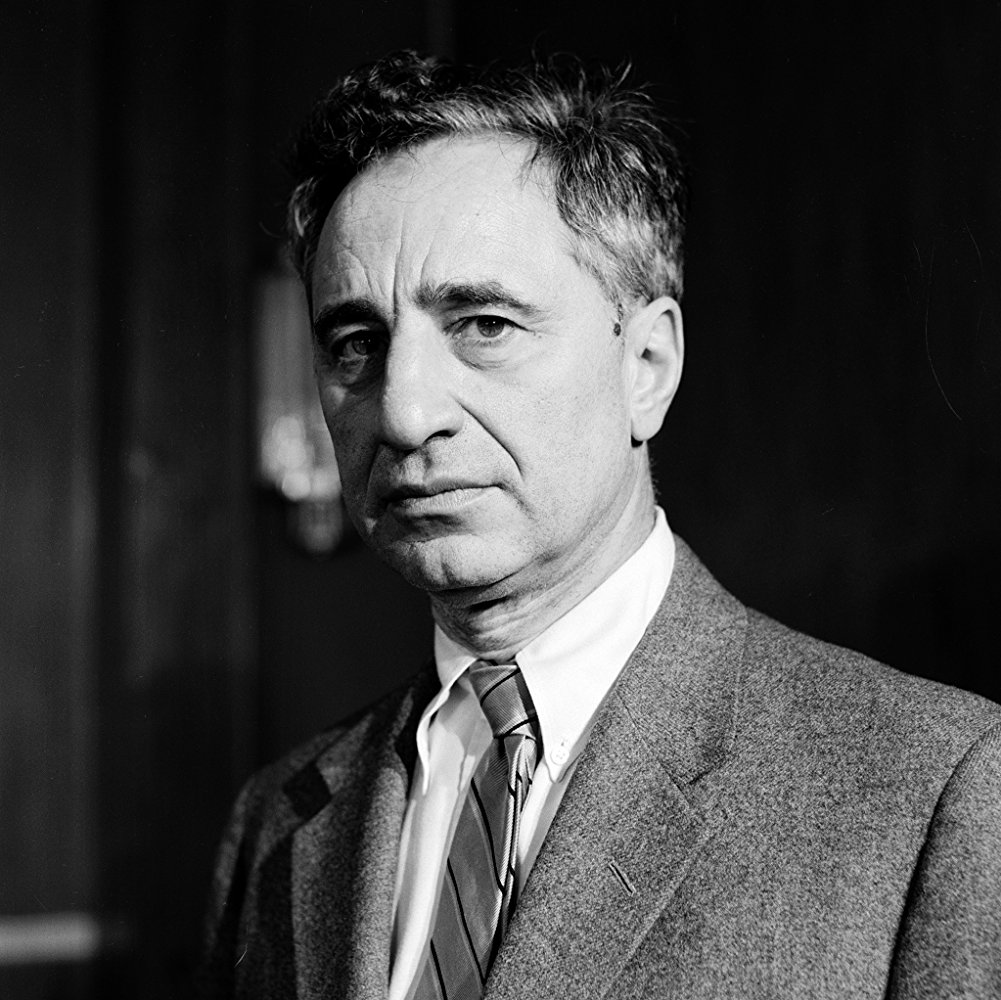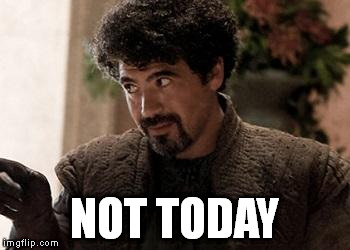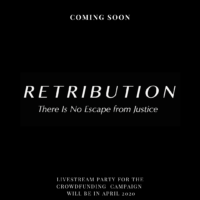
So not so recently, I think it was still summer, I ventured downtown to Harold Washington Library. One of my favorite places in Chicago. I had no plan in particular, except renewing my library card and picking up a few books on Directing. I pulled a few off of the shelf and narrowed it down to four. Because of the fancy schmancy self checkout, I only ended up checking out three. And because of the miracle of managing your library account online, I’ve avoided late fees by re-checking out these books like 10 times.
Currently reading this book on Elia Kazan and directing. Both his stage plays and his films. Of course I’m only reading about his films. I never really connected with the theater. Maybe because it’s not a visual medium. I’ve liked plays I’ve been to (well, not all, but that’s not on theater), but I never think about going to an actual play as entertainment like I do the movies. One day I may challenge myself to go see a bunch of plays, but not today.

Side Note: Why do all library books smell the same? And what exactly is that smell?
So in this book Kazan gives a bunch of advice on directing and since I am trying to develop my directing style, I took note.
Direct with your emotions and invent whatever style (visual) necessary to bring out of these stories (not scripts) the concealed and real emotion that is there!
Casting should tell the story of a film without words.
I was told in film school that directing was 90% casting and I believe this wholeheartedly. Most of your work is done in casting the right person. And in the last project I did I used a casting director for the first time. It was like magic. Every person that walked in was perfect for the role they were reading for. I will never work without a casting director ever again.
Elia Kazan on James Dean: He had the most natural talent after Marlon (Brando). But he lacked technique; he had no proper training. He could not play a part outside his range. I always say that talent without technique or skills will only go so far. You need training to grow and be really great. Kazan said this about one of the most recognized talents in Hollywood. He even pointed out that what separated Brando and Dean is training. Brando developed his technique and skills.
His auteur theory: The director tells the film, using a vocabulary the lesser part of which is an arrangement of words.
A screenplay, we directors soon enough learn is not a piece of writing so much as it is a construction.
He lists a ton of characteristics and attributes a director might advantageously possess. The skills the craft requires that a director must be educated about. Here are only a few:
Literature – Be well read.
The Literature of the Theatre – To appreciate difference between film and literature. Classic theatre literature for construction, to help with constructing well-structured scripts.
The craft of screen dramaturgy – Every director must take responsibility for the screenplay. Subtext is one of the film director’s most valuable tools. It is what he directs. I feel like this is one of the most important points. One of my pet peeves with a certain genre of films (that I will not name) is the complete inability to use subtext. The climax of every movie is basically the main characters spelling out the moral of the story like we were watching an adaptation of Aesop’s Fables. I guess the directors of these films feel like their message is too important to leave to chance, but I like to think of each movie like it’s own Inception. If you just say the message, it will never take hold, you have to use subtext like the deeper levels of the dream. The deeper down you go, the more likely the message will take hold. If it’s too blatant, the audience can reject the idea. Because the point is to incept someone who is not already on board with the message. I know I went deep with the Inception metaphor, but I hate it when a movie’s message is too on the nose. I’m not in preschool anymore, I don’t need someone to think for me.
The director of films should know comedy as well as drama, study sight gags, nonverbal laughs, amusement derived from business, stunts and moves, and odd bodies.
The film director obviously must know the camera and its lenses, which lens creates which effect, which one lies, which one tells the cruel truth. Which filters bring out the clouds. The various speeds at which the camera can roll and especially the effects of small variations in speed. I think it’s enough for the DP to know all about the lenses and its effects. The director should know what they want to portray and be able to convey that to the DP and they will be able to pick the appropriate lens.
Of course, the film director should know acting, its history and its techniques. The director must know how to stimulate, even inspire the actor.
The film director must know speech.
The film director, of course must be up on the psychology of behavior, “normal” and “abnormal”
The director must accept the blame for everything.
A director is a man with the answers.
I’ve never stopped trying to educate myself and to improve myself.
There were tons of other subjects he felt a director should be master of. Personally, I don’t agree one person can master everything. For the sake of telling a complete story I do believe you need to understand what you want to portray with each of these subjects and be able to convey that to the department heads who are the master of it. But I do not believe one person can be the master of all things. Even though I write my own scripts I don’t believe I know the most about my individual characters. I know a lot about their history, why they do what they do, their needs and wants. But in the end, the actor spends way more time getting to know one character than I could, because I must know them all. So I know enough to convey my vision to my cast and crew and it is up to them to use their talents and expertise to bring my vision to life.
By all means, as a director, know as much as you can, but a wise man knows that he doesn’t know everything.




